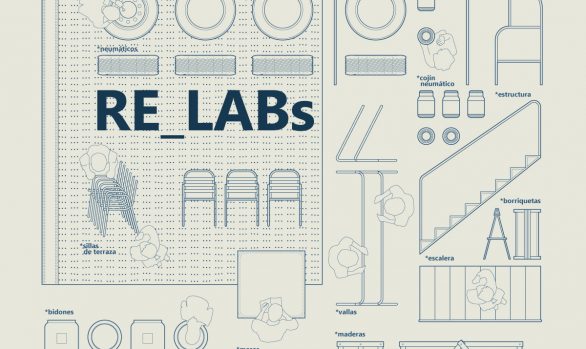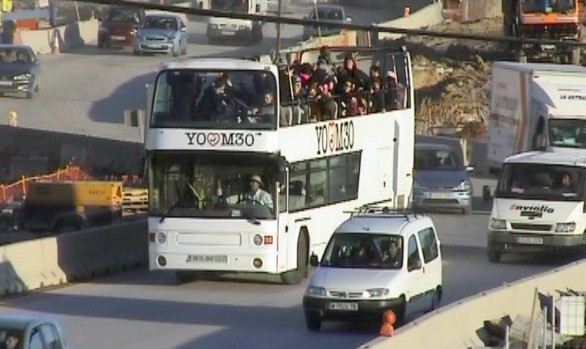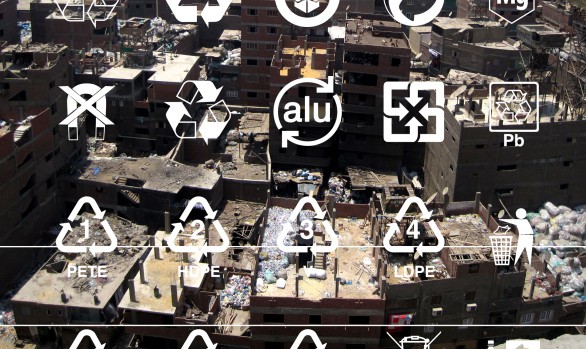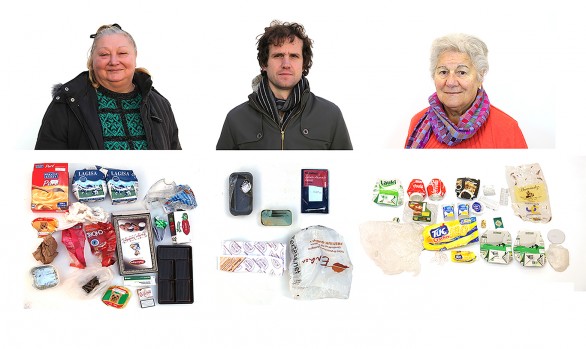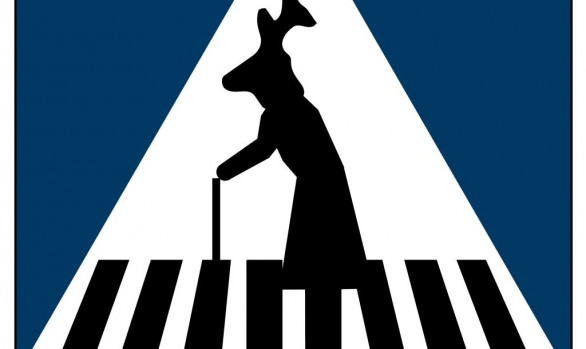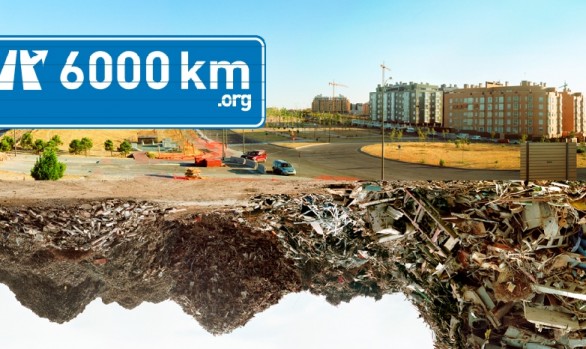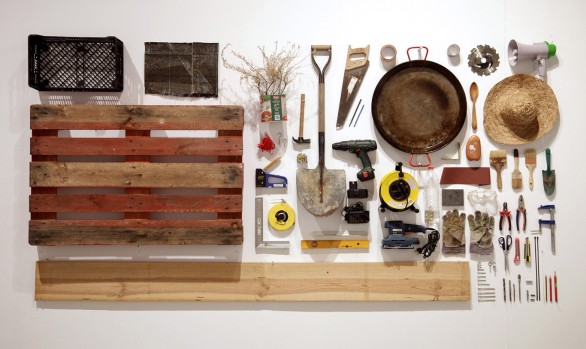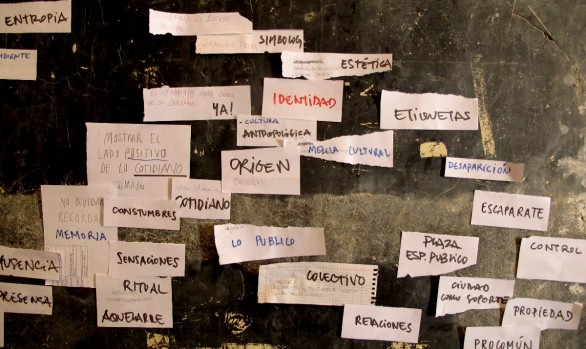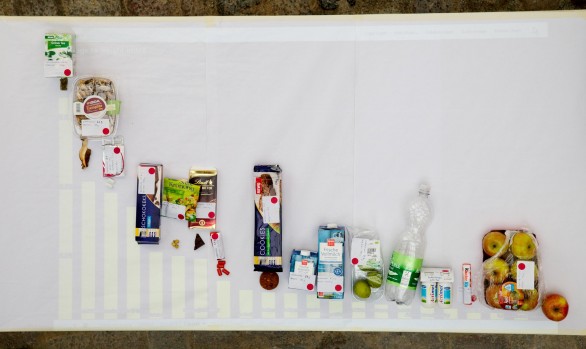Urban Cooks Platforms
ResearchContext
European cities had many empty spaces, abandoned or neglected, that could be bring back to life by citizens’ initiatives through community management. In some cases, this initiatives have been an innovative example of how public space could be managed and created.
However, in many cities these citizen initiatives face diverse barriers that make difficult to develop and manage a project in the public space. The main identified problems are legal ones, security issues and lack of resources, which sometimes are due to citizens lack of technical knowledge and some others due to the obsolete or nonexistent communication channels between citizens and the entities (private or public) that own the resources.
For this reason, it often happens that the access to basic resources for the development of a citizens initiative such as the access to water and electricity and the availability of necessary materials or the access to the legalization process are temporary solved by momentary, or even illegal, arrangements.
In order to solve these problems, it is necessary to understand how this citizen participation channels are currently managed in each country. Being able to identify why they do not work properly are key to propose and implement new ways of management, based on successful examples.
Project
Urban Cooks Platform is a project that seeks to integrate the knowledge and the experience of professionals from various European countries. These professionals, together with citizen initiatives and the rest of the partners will design a common and exportable model to create a local action platform. The Urban Cooks Platform will support citizens initiatives, that manage and create urban space, by mediating between their needs and the public administration and entities that own the resources.
Based on successful examples in the field of citizen participation, resources management and dialogue with institutions, the project participants would design an innovative methodology for bottom up initiatives. This methodology will be tested by each partner in their city through the real support of various citizen initiative projects of urban space management.
The main goal of Urban Cooks Platforms would be defining the necessary conditions for their operation on a permanent basis in each city and moreover their replication in other cities through the methodology developed during the project.
Objectives
- Understanding the framework around citizen initiatives in Madrid, Belgrade and Skopje, both common and particular issues.
- Learning how does existing programs in other cities work, taking a critical look of them.
- Defining an ideal program, having in mind particular frameworks of each cities. Contents and objectives of this program are important, but also the “how it works”.
- Approaching to the three municipalities to begin a process of dialogue and reflection.
- Making a first pilot project, working in each city with a citizen initiative in a concrete space, putting in practice the lines of the program.
- Harvesting conclusions from the experience and writing a final inform that could lead to an official municipality program for supporting citizen initiatives.
Organizers
Together with Basurama, this project was co-organized by:
Mikser Association, is a non-profit organization of art and design professionals and a hub for enthusiasts involved in production of various transcultural projects dedicated to development of design, architecture, communication and urban environment, as crucial tools for Serbia’s economic recovery and intellectual restoration. In the last two years Mikser organized competitions, exhibitions, cultural events, conferences, educational courses and lectures.

Institute for the Sociological, Political, and Juridical Research, is part of the “Ss. Cyril and Methodius” University in Skopje, Republic of Macedonia. Established almost 50 years ago the ISPJR has always been at the forefront of the social research in the country. The interdisciplinary character of the research activities is mirrored in the graduate studies organized at the institute in the following disciplines, sociology, political sciences, communication, human resources management, and cultural studies. The researchers at the institute teach and supervise a great many doctoral students who conduct their own research in given disciplines.
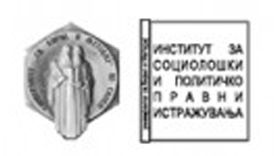
Associates
The School of Architecture and the Built Environment, ABE, (Skolan för Arkitektur och samhällsbyggnad) is one of ten schools at the Royal Institute of Technology (KTH). Its research and educational program regards the future of our societies; how cities, buildings and infrastructure will be designed and built, how institutions and regulatory systems should be developed to produce a good living environment, and how to provide good development conditions for business.
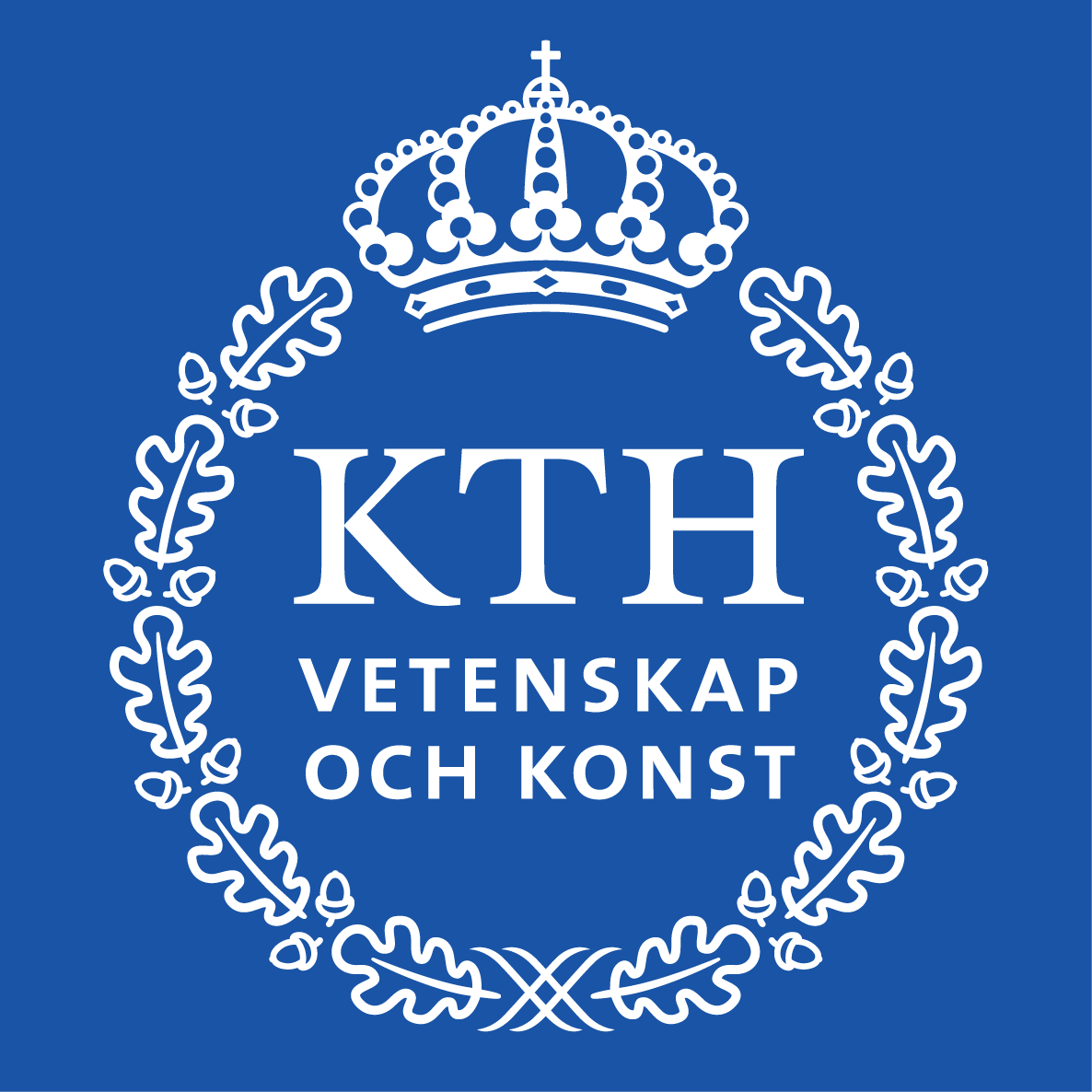
Faculty of Architecture of, is part of “Ss. Cyril and Methodius” University in Skopje, Republic of Macedonia with more than 60 years of experience in education, research and application of knowledge in the field of architecture, urban planning, building technologies, architectural history and theory. Faculty of Architecture in Skopje is constantly engaging in the educational activities for more than 400 students each year and has a alumni of more than 5000 students. In the focus of the institution is research of evolving and contemporary building typology, urban transformations and processes that are shaping our cities and societies.
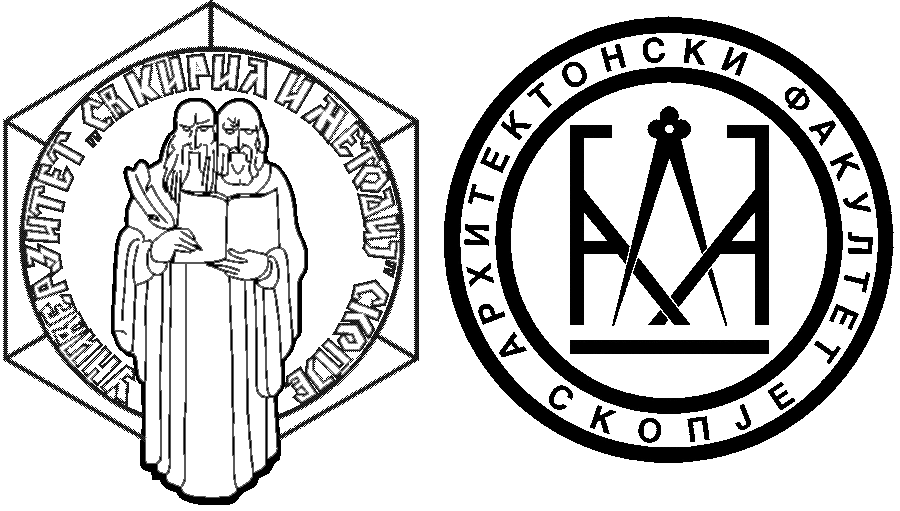
Cervantes Institute, is a worldwide public institution created by the Spanish government in 1991. It is the largest organization in the world concerned with the teaching of Spanish, and it maintains a presence in four different continents throughout 70 centers devoted to the Spanish and Hispanic American culture and Spanish Language. The mission of Instituto Cervantes is to promote the Spanish language and to contribute to the advancement of the cultures of all Spanish speaking countries and communities.
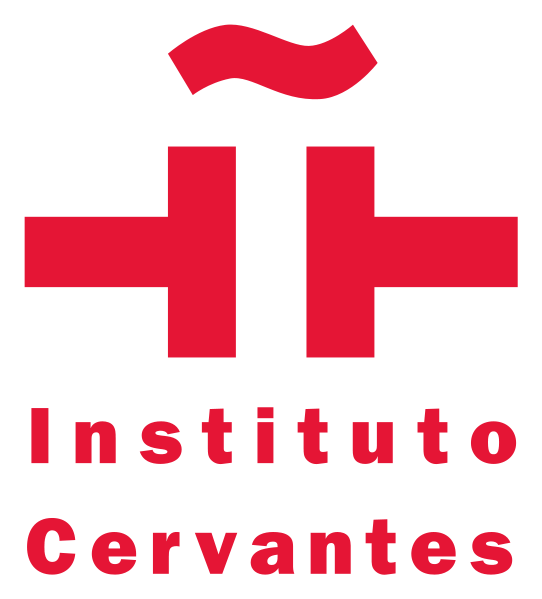
School of Urban Practices. Drawing on the evolving body of trans-disciplinary urban knowledge, urban research, and urban activism, School of Urban Practices develops advanced educational work that redefines design, architecture and urbanism as a field of transformative activity. Selected students and young professionals of many disciplines seek the ways how to improve everyday environment of the devastated neighborhoods whether through public policy, mediation, urban planning and architecture design, or any other forms of design that involves citizens from the very beginning of the project. By working continually on the site for the public interest and by exchanging aspirations with local community entrepreneurs, School of Urban Practices creates sustainable strategies and projects based on critical engagement with contemporary issues of commons.
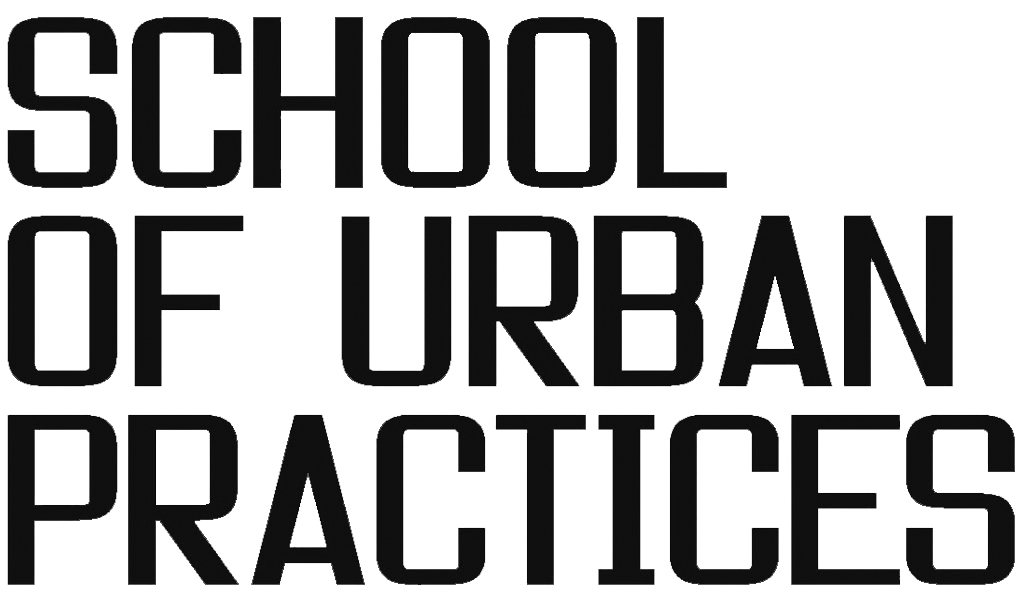
ARHITEKTRI is a young studio based in Skopje, founded in 2009 by Risto Avramovski, Ana Boranieva and Dejan Ivanovski. Beside arhitectural problems and tasks, the studio works on collaborative research projects as well and participates in educational events and programmes for raising awareness for urban planning flaws and improving the quality of urban life in Skopje.
![]()

